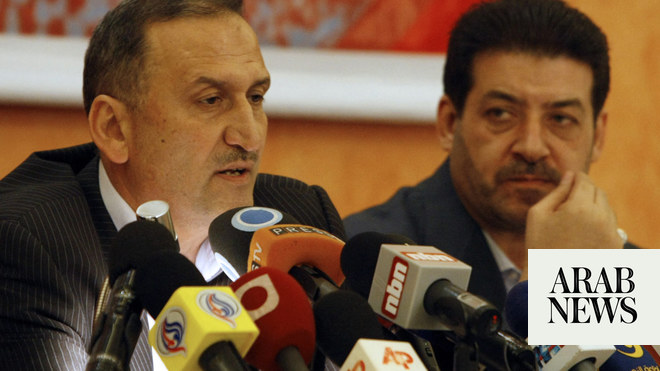
Assistant Secretary for Terrorist Financing at the US Department of the Treasury, Marshall Billingslea held meetings with political and banking officials in Beirut on Tuesday as part of a policy to tighten Washington’s control over “Hezbollah’s” financial activities and to validate the level of Lebanon’s commitment to apply financial sanctions against the group and to restrict the flow of money.
The US official informed both President Michel Aoun and Speaker Nabih Berri about the target of his visit to Beirut.
During their meeting, Aoun informed Billingslea that “Lebanon contributes in global efforts to fight the financing of terrorism and money laundering.”
The president added that "Lebanese security services are vigilant in the pursuit of terror cells and the fight against drug trafficking.”
For his part, Berri told the US official that “the laws endorsed by the Lebanese Parliament have made Lebanon a state that complies with the highest international legal standards, in terms of money transfer, and fighting money laundering and terrorist financing.”
Billingslea hailed the performance of the Lebanese Central Bank and all the Lebanese banks.
Last Jan. 11, the US Justice Department announced the creation of a special task force to investigate those who provide financial support to Hezbollah in an effort to restrict the flow of money and disrupt international drug trafficking operations.
A banking source told Asharq Al-Awsat on Tuesday that since the US Treasury had introduced new amendments to sanctions that target Hezbollah; Lebanese banks have intensified the audit and monitoring procedures in all operations of opening new bank accounts.
“Any suspected money transfer operation is referred to an investigative committee at the bank before this committee shares the outcome of its inquiry with the Central Bank to make sure that all transactions remain in the safe zone,” the source said.
Washington’s step comes in the framework of its escalatory pressures to stop the spread of Iran’s influence in the Middle East and to restrict Hezbollah’s military powers in the region.











